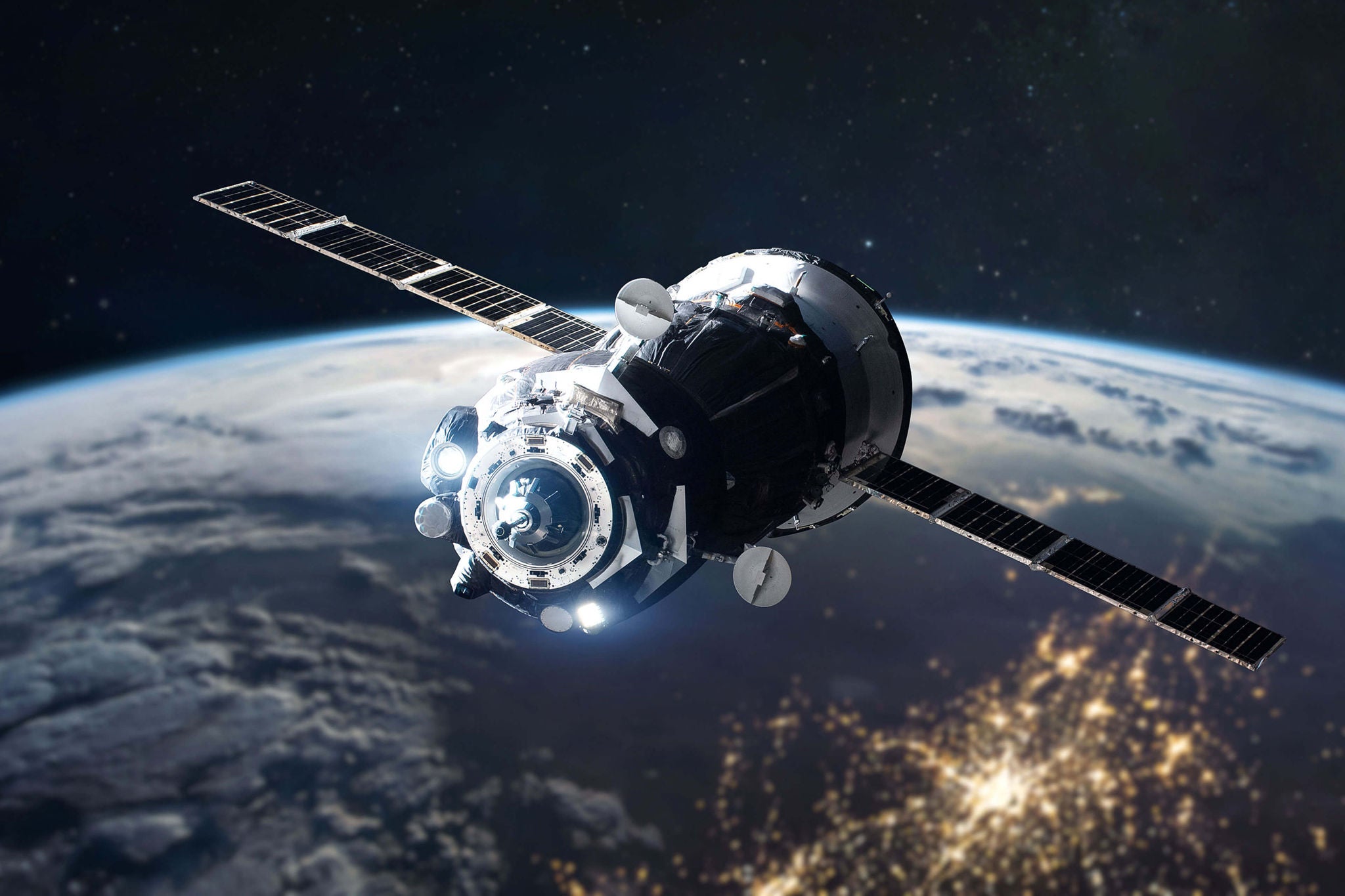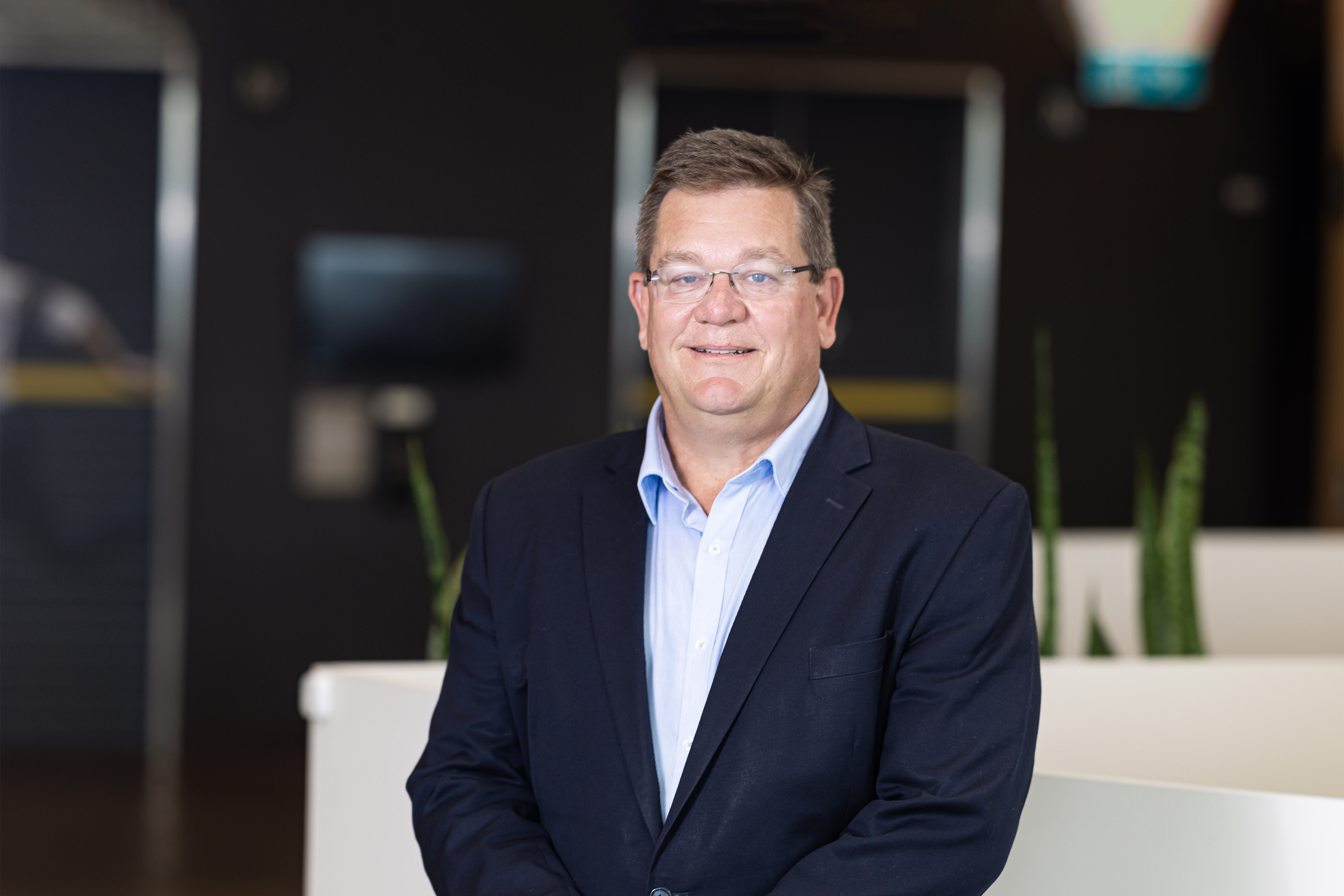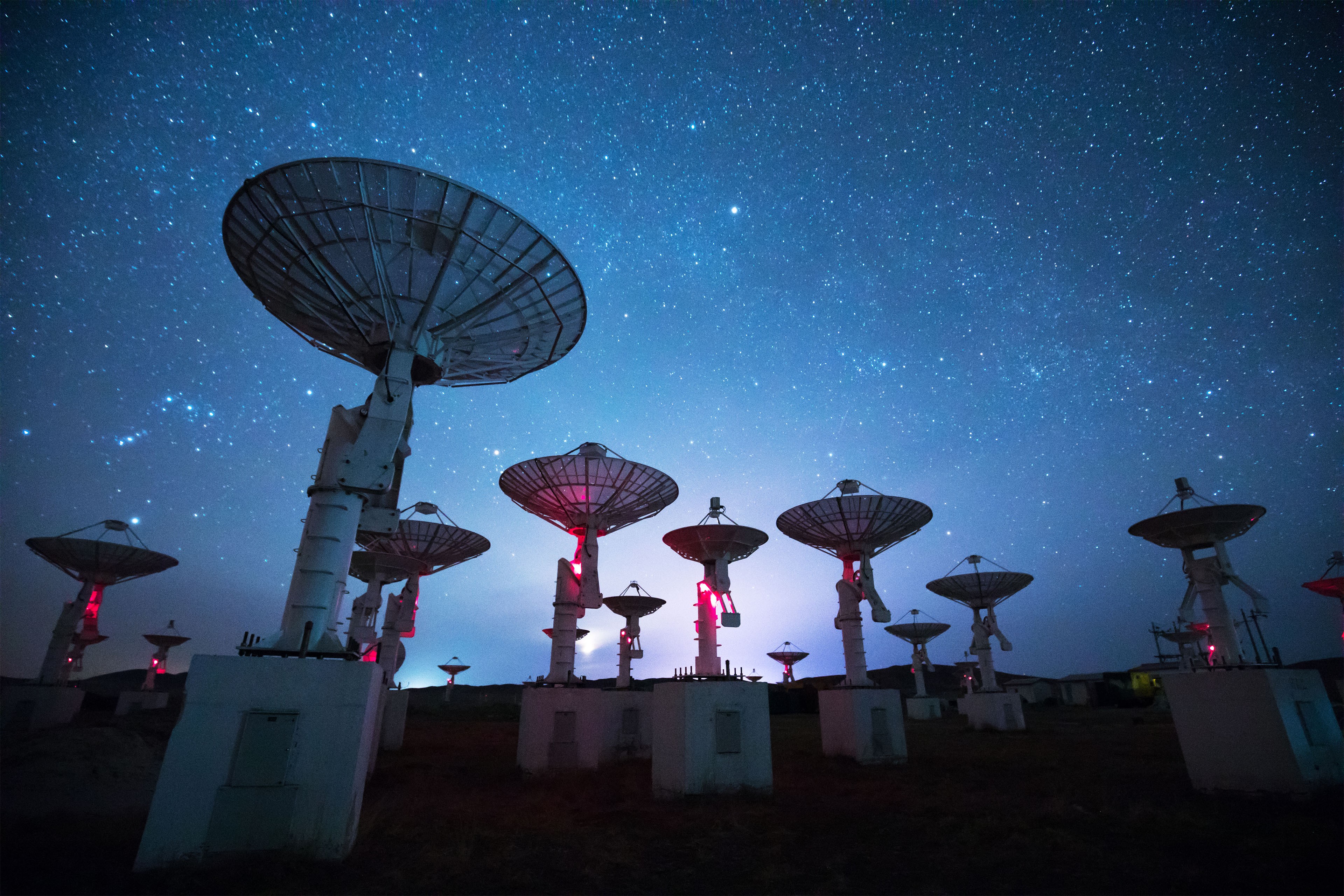EY refers to the global organisation, and may refer to one or more, of the member firms of Ernst & Young Global Limited, each of which is a separate legal entity. Ernst & Young Global Limited, a UK company limited by guarantee, does not provide services to clients.

Ideas, optimism and a genuine sense of community were all present in force at the 14th Australian Space Forum.
The brilliance of the Australian Space Tech sector was in full swing in Adelaide for the 14th Australian Space Forum, organised by the Andy Thomas Space Foundation.
It kicked off with the buzz at the gala dinner and an inspiring speech from Fleet Space founder and local industry star Flavia Tata Nardini. The next morning, Premier Peter Malinauskas MP was clearly captivated by the enormous AtSpace rocket in the forecourt of the Adelaide Convention Centre – built just up the road.
“Adelaide has become the space sector centre of gravity,” said the Premier in his opening keynote. “It is critical to provide opportunities for collaboration and innovation between space companies to cultivate an environment where space manufacturing capability can be developed.”
The auditorium and exhibition hall were packed – more than 1000 of us converged to share what we’re up to in space, including delegations from France and Italy. Among the panel discussions and exhibitors, we learned about the latest on everything from space trends, R&D in Earth Observation, satellite technology, robotics, mission-control phased array radar technology and much more.
We’re seeing this industry maturing almost in real time. In the few years that I’ve been involved, there’s been huge growth in the opportunities, the deployment of Space Tech and the variety of innovation across the whole value chain.
“The space sector can be a valued ingredient for our nation achieving greater economic complexity, supporting adjacent industries, from agriculture to resources, and advanced manufacturing,” said the Hon Ed Husic MP, Minister for Industry and Science, beaming in from Canberra as it was Federal Budget Day. “It can play a role in developing Australia’s emerging critical technologies in realms such as cybersecurity, quantum, AI, and robotics, which are priority areas for the Government. Space both leverages and creates markets for these technologies, feeding into the development for the benefit of all industries and the wellbeing of the community.”
The future of ESG and Space Tech
The potential for space to advance ESG goals was the topic of the panel EY hosted the morning after the forum at the Australian Space Discovery Centre, HQ for the Australian Space Agency.
Our expert panellists were Dr Brian Killough from NASA, Rafael Kargren from Maxar Technologies and our own Dr Jack White, Lead Data Scientist for EY’s Space Tech Lab, and Alex Banks, EY Oceania Partner in Climate Change and Sustainability Services.
Alex highlighted a huge opportunity for companies developing downstream solutions using Space Tech. “If you are thinking about how your business can start to move into the ESG space, you need to be aware of a couple of truths.” She was talking about the extremely manual way ESG data is handled by most organisations today.
“Most ESG data currently sits in Excel spreadsheets on people’s desktops – so the solution isn’t more data for organisations, because they can’t really deal with the information they have right now.”
I agree completely with Alex – the opportunity here is for Space Tech to, as she said, “lift the capability and data sophistication of the broader economy to enable it to use better data to understand risks and impacts across the value chain”.
She’s also spot on when she says it will need to be quick because regulations will soon mean companies have to disclose a wide range of risks, including TFND, the taskforce on nature-related financial disclosures. Data scientists and developers working in Space Tech have the potential to create solutions to help with this, and it’s certainly a major consideration of the work we’re doing in EY’s Space Tech Lab, building products that will be scaleable for our clients.
Audience members shared some of their thoughts with us after the discussion.
The great Nicola Sasanelli, CEO of the Forum’s organiser the Andy Thomas Space Foundation, joined us in the audience and, as always, shared thought-provoking insights with his questions to the panel.
From science fiction to the cusp of mainstream
As an industry, space has shot from a startup to a scale-up and now we are on the precipice of it becoming a truly mainstream industry.
The opportunity is there, and the industry will benefit by creating a demand for its services. There is a huge customer layer there that the space industry is yet to tap into – we need to connect the dots for non-space businesses to understand the potential.
I’ve said it before, but it’s about telling stories that explain how Space Tech can solve a problem for them. We’ve got to make it easy.
Yes, as several people said at the forum, space is hard. It’s hugely technical, there’s a lot of science – all kinds of science – involved in making it work. But for the full suite of mainstream businesses to become our customers, it’s as simple as showing them the kind of insights Earth Observation data and tools can offer them, and to build their trust in that information.
“There’s this moment when you’re talking to a client who’s never even thought about using satellite data before where they suddenly realise the opportunity,” lead data scientist Jack White told the EY ESG panel audience.
Jack is building our data-science strategy for the EY Space Tech Lab. He’s very much involved in understanding what our clients’ problems are, and how his team can help solve them with Earth Observation data.
When they see the results in action – and our team were was busy showing the beta version of our EY Space for Earth tool at the forum’s exhibition – the vast domain of space is suddenly alive with potential to help their business.
“There’s a real excitement. They say, ‘You’ve brought me this opportunity, but now I can see 20 different use cases’, and they reel them off. All of a sudden space has been demystified for them.”
Read our latest media release on how Space Tech can transform the way we monitor, measure and report ESG metrics here.
Summary
A full recap of the 14th Australian Space Forum, organised by the Andy Thomas Space Foundation, from the lens of EY Space Tech Lead, Anthony Jones.
How EY can help
Space Tech will improve life on Earth, using tools that combine high-resolution satellite imagery data with Artificial Intelligence (AI) and Machine Learning (ML).
Our Latest Thinking
Five cybersecurity challenges (and opportunities) for Space Tech companies
As the Space Tech industry grows, it is an opportunity to get cyber right from the get-go, by taking a Security by Design approach. Cybersecurity in space is going to be arguably more important than it is on Earth. What are the risks and challenges, and how can you harness them as opportunities? These risks apply to start-ups and SMEs, but also affect any businesses working with them.
How Australia is strategising its place in the space race
As the potential for space tech to transform all manner of industries hits a new high, Australia is playing to its considerable strengths.
Space Tech is here – are you ready for launch?
Earth observation, machine learning and AI are combining to create tools to make the world smarter, safer and more sustainable. The journey has taken flight – human imagination is the rocket fuel propelling it to improve life on Earth.






